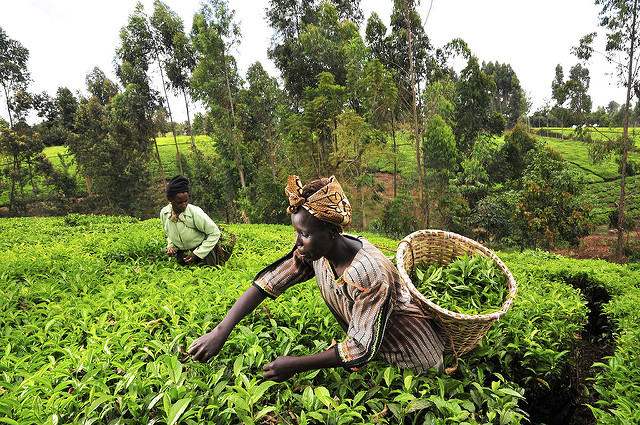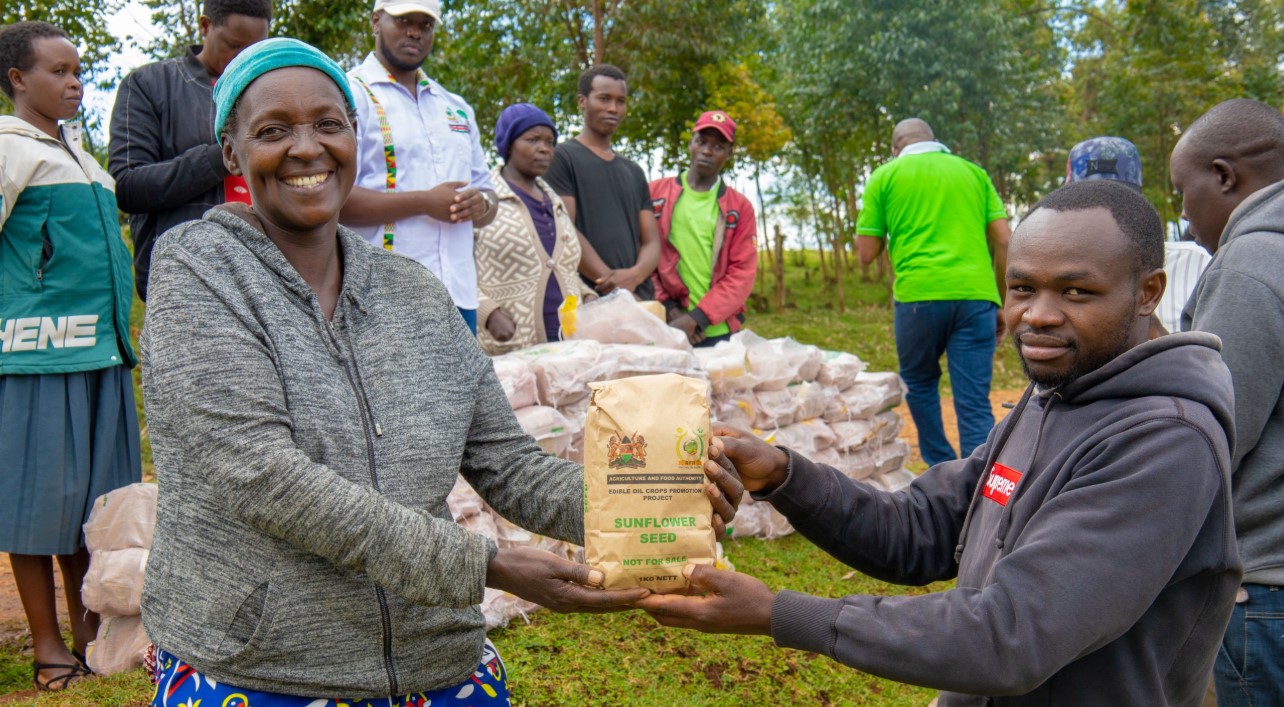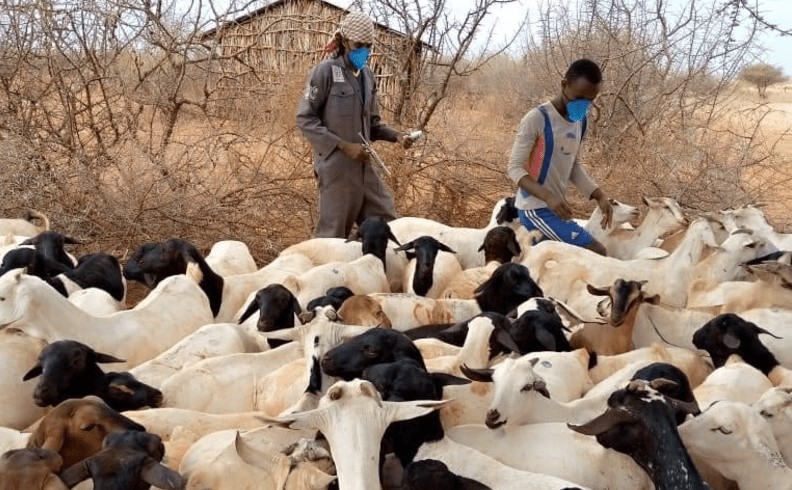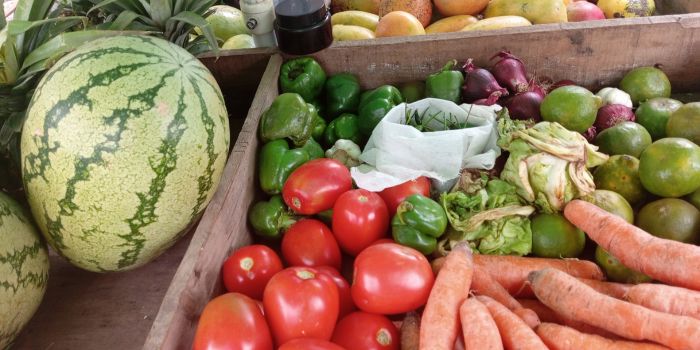Fear of crop failure, auction discourages farmers from taking loans- survey

By Saleem Abdi |
Banks and other lenders have been increasing interest rates on loans as the CBK keeps raising the benchmark lending rate,
Increasing interest rates and the fears of crop failure and being auctioned are top factors that have reduced the number of farmers taking up loans for agricultural purposes.
This is according to an agricultural sector survey which shows that the number of farmers borrowing loans to enhance their farming reduced in January 2024, compared to November 2023.
Keep reading
- MPs raise concerns over effectiveness of Sh981 million edible oil crop promotion project
- State releases 7.5 million bags of fertiliser ahead of 2025 planting season
- Neglect hurts northern frontier's chances of proving its potential - Wajir South MP
- Africa’s worsening food crisis – It’s time for an agricultural revolution
“Concerning barriers in accessing finance, several factors were cited, with high-interest rates being the most prominent barrier. However, many farmers were averse to acquiring any form of credit due to fear of exposure to possible auction upon default,” the Agricultural Sector Survey, conducted by the Central Bank of Kenya (CBK) last month, says.
It also cites the lack of collateral as a factor blocking many farmers from getting credit.
“The proportion of respondents who reported to have accessed credit through loans declined in January 2024 relative to November 2023. This possibly reflects tighter liquidity conditions following the increase in domestic interest rates. The decline also reflects seasonal factors,” the survey said, highlighting access to credit facilities in the Agriculture sector.
Increasing interest rate
Banks and other lenders have been increasing interest rates on loans as the CBK keeps raising the benchmark lending rate, with the latest action taking it to 13 per cent, during this month’s Monetary Policy Committee meeting.
As a result, this has had an impact on the number of Kenyans who are borrowing, due to the added burden and more farmers have, equally, kept off loans.
While farmers who practice rain-fed agriculture feel it’s too unstable to take loans due to exposure to erratic weather patterns, those practising irrigation agriculture fear price fluctuations that do not assure them of what they will earn in the end, the CBK survey shows.
“Hence, farmers who relied on rainfall as their main source of water were reluctant to acquire loans due to fear of crop failure. This share was quite substantial at about 76 per cent in the January 2024 survey. For farmers who use irrigation, their reluctance was premised on significant price fluctuations which make their incomes unstable even in periods of good harvest,” the survey stated.
Of the farmers who took up loans in January, most borrowed from Savings and Credit Cooperatives (Saccos), followed by banks, and friends and family members.
“In terms of usage of funds, a large share of loans was allocated for buying inputs, followed by labour payments. Farmers reported experiencing higher costs of inputs during the October-December 2023 season, relative to the March-May 2023 season,” the survey stated.
Other farmers borrowed to buy equipment and machinery for production in their farms, even as calls increased for the government to subsidise the inputs.
Reader comments
Follow Us and Stay Connected!
We'd love for you to join our community and stay updated with our latest stories and updates. Follow us on our social media channels and be part of the conversation!
Let's stay connected and keep the dialogue going!
















